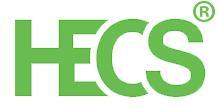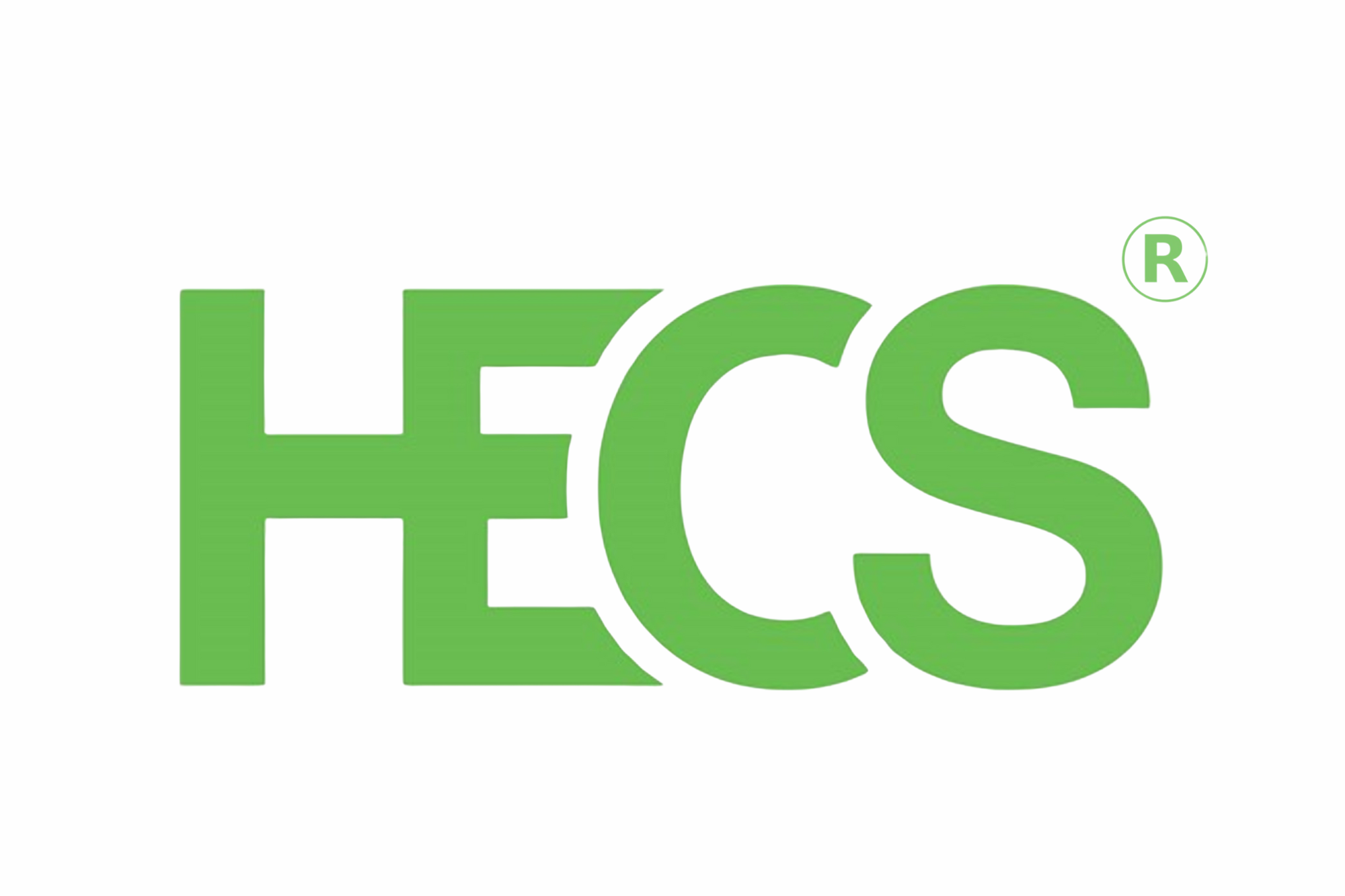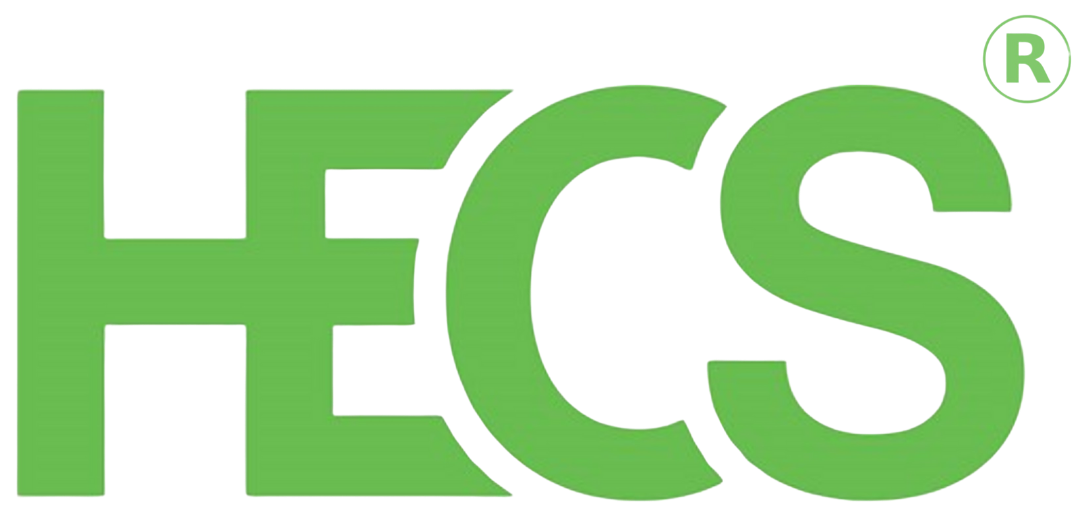CTE & CTO Regulations in Tamil Nadu | TNPCB
-
Home
-
Regulatory Updates
-
CTE & CTO Regulations in Tamil Nadu | TNPCB


TNPCB Consent to Establish (CTE) and Consent to Operate (CTO) Guidelines
In today's environmentally conscious world, obtaining proper environmental clearances from the Tamil Nadu Pollution Control Board (TNPCB) is essential for industries aiming to comply with pollution control laws. This comprehensive guide covers both Consent to Establish (CTE) and Consent to Operate (CTO) regulations, serving as your complete resource for environmental compliance in Tamil Nadu.
Whether you're searching for "CTE application Tamil Nadu," "CTO renewal Tamil Nadu," "TNPCB consent to operate application," or "pollution control norms for industries in India," this guide provides everything needed to ensure compliance, avoid penalties, and promote sustainable operations. Based on TNPCB's 2025 reckoner for entrepreneurs, this resource covers regulations under the Water (Prevention and Control of Pollution) Act, 1974, and the Air (Prevention and Control of Pollution) Act, 1981.
What is CTE?
Consent to Establish (CTE)
Consent to Establish (CTE) is the first level of statutory clearance required by industries before starting any construction or installation activities. It serves as a No Objection Certificate (NOC) from the pollution control authorities, ensuring that the proposed project does not harm the environment.
Key Purpose of CTE:
To evaluate the impact of industrial activities on air, water, and land
To ensure the installation of pollution prevention systems
To confirm compliance with environmental regulations and CPCB/TNPCB norms
To safeguard public health and natural resources
What is CTO?
Consent to Operate (CTO)
Consent to Operate (CTO) is the mandatory authorization issued by TNPCB permitting industries to commence operations after verifying compliance with prescribed environmental standards. Unlike CTE, which approves pre-construction setup, CTO is issued post-construction before full-scale production begins.
Why is the CTO crucial?
Non-compliance can lead to fines, shutdowns, or legal action. It's essentially a license confirming your facility adheres to environmental norms, protecting water bodies, air quality, and public health in Tamil Nadu.
Legal Framework & Penalties
Primary Legislation
Water Act 1974: Section 24 prohibits the discharge of polluting matter into water bodies without TNPCB approval. Section 25 mandates prior consent for new discharges via the OCMMS portal. Violations attract ₹10,000/day penalties.
Air Act 1981: Section 21 requires consent for operations in air pollution control areas (entire Tamil Nadu). Emission violations result in ₹10,000/day continuing offence penalties.
Environment Protection Act 1986: Section 5 empowers TNPCB closure directions. Section 15 prescribes penalties of ₹1,00,000 plus ₹5,000/day for environmental violations.
Recent Government Orders
G.O. 213: No highly polluting units within 1km of water bodies
G.O. 127/223: 5km restriction from major rivers
G.O. 248: Industrial restrictions in Cauvery Delta region
Industry Categories and Applicability
Both CTE and CTO regulations apply based on the industry classification defined by CPCB and adopted by TNPCB:
Category | Pollution | Examples of Industries | CTO Validity | Inspection Frequency |
Red (High Pollution) | Significant impact on the environment | Petrochemicals, pulp & paper, tanneries, thermal power plants, cement, distilleries, dye & dye intermediates, foundries, hazardous waste units, large-scale pharma | 5 years | Monthly |
Orange (Medium Pollution) | Moderate pollution potential | Textile dyeing/bleaching, food & dairy processing, auto servicing with painting, printing presses, electroplating, fertilizer mixing, paints & coatings, ceramics, plastics, RMC plants | 10 years | Quarterly |
Green (Low Pollution) | Moderate pollution potential | Textile dyeing/bleaching, food & dairy processing, auto servicing with painting, printing presses, electroplating, fertilizer mixing, paints & coatings, ceramics, plastics, RMC plants | 10 years | Quarterl |
White (Non-Polluting) | Practically no pollution | Educational institutions, IT/software units, handloom/handicrafts, vermicompost units, LED assembly, R&D labs (no effluents), herbal products, EV charging stations, solar PV assembly | Not Applicable | As required |
Standards & Norms
Effluent Discharge Standards
General Standards for All Industries:
Parameter | Inland Water | Land Disposal | Marine Outfall |
pH | 5.5-9.0 | 5.5-9.0 | 6.0-8.5 |
BOD (mg/L) | 30 | 100 | 100 |
COD (mg/L) | 250 | 250 | 250 |
TSS (mg/L) | 100 | 200 | 100 |
Oil & Grease (mg/L) | 10 | 10 | 20 |
Industry-Specific Norms:
Textile CETP Inlet: pH 8.0-11.0, TDS 9,000-12,000 mg/L, BOD 250-600 mg/L
Tannery CETP Inlet: BOD ≤1,000 mg/L, TDS ≤2,100 mg/L
Pesticide Units: Cyanide ≤0.2 mg/L, Phenolic compounds ≤1 mg/L
Air Emission Standards
Stack Emission Limits:
Boilers: Particulate matter ≤150 mg/Nm³
Cement plants: ≤30 mg/Nm³ particulates
Thermal power: SO₂ ≤200 mg/Nm³, NOₓ ≤300 mg/Nm³
Aluminum plants: ≤150 mg/Nm³ particulates, Fluoride ≤5 mg/Nm³
National Ambient Air Quality Standards (NAAQS):
Pollutant | Industrial Area | Residential Area | Sensitive Area |
PM₁₀ (µg/m³) | 100 (24 h), 60 (annual) | 100 (24 h), 60 (annual) | 100 (24 h), 60 (annual) |
PM₂.₅ (µg/m³) | 60 (24 h), 40 (annual) | 60 (24 h), 40 (annual) | 60 (24 h), 40 (annual) |
SO₂ (µg/m³) | 80 (24 h), 50 (annual) | 80 (24 h), 50 (annual) | 80 (24 h), 50 (annual) |
NO₂ (µg/m³) | 80 (24 h), 40 (annual) | 80 (24 h), 40 (annual) | 80 (24 h), 40 (annual) |
CO (mg/m³) | 4 (1 h), 2 (8 h) | 4 (1 h), 2 (8 h) | 4 (1 h), 2 (8 h) |
Noise Standards
Area Classification | Day Time (6 AM - 10 PM) | Night Time (10 PM - 6 AM) |
Industrial | 75 dB(A) | 70 dB(A) |
Commercial | 65 dB(A) | 55 dB(A) |
Residential | 55 dB(A) | 45 dB(A) |
Silence Zone | 50 dB(A) | 40 dB(A) |
Generator Sets: ≤75 dB(A) at 1 meter distance
Firecrackers: limited to ≤125 dB(AI) at 4 meters
CTE Application Process
Step-by-Step Procedure for CTE
Classification Check – Identify your industry category (Red/Orange/Green/White)
Online Registration – Apply via the TNPCB Online Consent Management & Monitoring System (OCMMS)
Form Submission – Fill in the required details with supporting documents
Fee Payment – Pay based on project scale and industry type
Inspection by TNPCB – Site inspection may be conducted for verification
Approval/Rejection – Based on compliance, TNPCB issues the CTE certificate with conditions or rejection notes
Validity of CTE: Typically, CTE is valid for a fixed period (up to 7 years for certain projects) and must be renewed if construction/installation is not completed within the validity period.
Key TNPCB Guidelines for CTE
Projects should not be located near water bodies, residential areas, or ecologically sensitive zones
Adequate Effluent Treatment Plants (ETPs) and Sewage Treatment Plants (STPs) must be planned before construction
Air pollution control devices such as scrubbers, dust collectors, or filters should be included
Industries must plan proper solid waste and hazardous waste disposal systems
Noise level control and green belt development around the site are mandatory for certain industries
For large-scale projects, an Environmental Impact Assessment (EIA) may be required as per guidelines
CTO Application Process
Phase 1: Pre-Application
Install and test ETP, STP, and APCDs. Prepare site plans, process flow, environmental management plan, and equipment performance reports.
Phase 2: Online Submission
Apply via the OCMMS portal with CTE, EC (if applicable), DPR, analysis reports, and system photos. Pay fees online and get an acknowledgement.
Phase 3: Regulatory Review
Document check by DEE
Site inspection
Technical review by the Expert Committee
Final consent by the authority
CTO Renewal Guidelines
CTO Renewal Validity Periods (TNPCB Guidelines)
Industry Category | Validity Period | Renewal Timeline |
Red (High Pollution) | 5 years | Apply at least 30 days before expiry |
Orange (Medium Pollution) | 10 years | Apply at least 30 days before expiry |
Green (Low Pollution) | 15 years | Apply at least 30 days before expiry |
White (Non-Polluting) | Not applicable (only intimation required) | No renewal needed |
Note: All CTOs, irrespective of validity, are aligned to expire on March 31st of the final year of their validity
Renewal Requirements
Submit annual production data, compliance reports, self-monitoring results, quarterly effluent analysis, stack emission monitoring, and ambient air quality data. Red Category units require annual renewal for the first 2 years until ETP/APC systems stabilise, then extended validity based on performance.
No Pollution Load Increase
For expansions without increasing pollution load, submit an affidavit with technical justification and monitoring data comparing baseline vs. projected loads for simplified processing.
Submit an affidavit declaring no additional pollution load.
Provide technical justification with supporting documents.
Furnish baseline vs. projected monitoring data (air, water, noise, waste).
Apply through the prescribed TNPCB Forms:
Form III – Application for Consent to Operate (CTO) / Renewal.
Form IV – Compliance Statement & Environmental Audit details.
Form V – Environmental Statement (mandatory under EPA Rules, 1986).
Other Enclosures – Previous Consent Orders, Compliance Reports, Self-Certification, and Monitoring Data.
This process enables simplified and faster processing when there is no increase in pollution load.
Key Norms and Guidelines for Compliance
Industries must adhere to the following TNPCB norms for both CTE and CTO:
Effluent Treatment: Installation of ETPs, STPs, and ZLD (Zero Liquid Discharge) systems where required
Emission Standards: Regular monitoring of stack emissions, ambient air quality, and installation of APCDs (Air Pollution Control Devices)
Waste Management: Proper handling of hazardous waste, e-waste, biomedical waste, plastic waste, and solid waste as per CPCB/TNPCB guidelines
Siting Criteria: Industries must be located away from residential areas, water bodies, highways, and eco-sensitive zones
Compliance & Monitoring
Inspection Frequency
Industry Category | Regular Inspections | Surprise Inspections | Self-Monitoring |
Red – Large | Monthly | Quarterly | Daily |
Red – Medium | Bi-monthly | Bi-annual | Twice Weekly |
Red – Small | Quarterly | Bi-annual | Weekly |
Orange | Bi-annual | Annual | Monthly |
Green | Annual | As required | Quarterly |
Online Continuous Emission Monitoring (OCEMS)
Mandatory for Red Category from March 31, 2025. Monitor flow rate, pH, particulate matter, and SO₂ with real-time data transmission every 15 minutes. Requires 95% data capture efficiency and NABL-certified quarterly calibration.
Environmental Compensation
Healthcare facilities: ₹1,200-₹3,000/day. Industries calculated using the formula PI × N × R × S × LF, with a minimum of ₹5,000/day. Appeals to the Appellate Authority within 30 days, and further appeals to the National Green Tribunal.
Penalties & Environmental Compensation
Penalty Structure (Updated 2025)
Statutory Penalties
Violation Type | Water Act | Air Act | EP Act |
Operating without consent | ₹10,000/day | ₹10,000/day | ₹1,00,000 + ₹5,000/day |
Violation of consent conditions | ₹10,000/day | ₹10,000/day | ₹1,00,000 |
Non-compliance with directions | Closure + penalty | Closure + penalty | ₹5,00,000 |
Digital Transformation – Online Consent Management
The TNPCB has adopted a digital platform for both CTE and CTO applications, making the process transparent and faster.
Through the OCMMS portal, industries can:
File CTE/CTO applications online
Track approval status in real time
Upload compliance reports
All industries must pay consent fees electronically through the TNPCB online portal only.
This has reduced manual delays and improved accountability in environmental regulation.
Recent Updates (2025)
Digital Transformation: OCMMS portal enhanced with mobile app integration, AI-powered document verification, and WhatsApp status updates
New Environmental Norms: Extended Producer Responsibility for plastic waste, single-use plastic ban enforcement, carbon footprint reporting for large industries, and renewable energy adoption incentives
Ease of Doing Business: Integrated CTE+EC process, joint inspections coordination, deemed approval for compliant units, and risk-based regulatory framework implementation
Importance of Obtaining CTE Before CTO
Failure to obtain Consent to Establish (CTE) can lead to serious consequences, including:
Project shutdowns by TNPCB
Heavy penalties and legal actions
Rejection of further environmental clearances, including CTO
Loss of credibility with investors and stakeholders
By securing both CTE and CTO approvals systematically, businesses ensure legal compliance, smooth project execution, and sustainable operations.
Best Environmental Consultancy in India for TNPCB Approvals
The CTE and CTO regulations form the backbone of environmental compliance in Tamil Nadu, making it vital for every industry to follow TNPCB guidelines without compromise. Accurate documentation, proper site planning, and the installation of effective pollution control systems are essential to secure approvals smoothly and avoid delays.
If you are setting up a new factory, expanding an industrial unit, or launching an infrastructure project, partnering with the best environmental consultancy in India can make all the difference. HECS, recognised among the best environmental consultants in India, provides expert guidance on CTE and CTO applications, ensuring compliance with TNPCB, CPCB, and MoEFCC regulations.
With decades of experience as an expert consultant in India, HECS helps industries navigate approvals, design efficient ETPs and STPs, and implement sustainable waste management solutions. By working with HECS, businesses not only achieve faster CTE/CTO clearances but also demonstrate a strong commitment to environmental protection and sustainable growth.
Disclaimer: This content is for informational purposes only and is not a substitute for official regulatory guidance. Please refer to TNPCB, CPCB, Mo EFCC, and SEIAA websites for the latest updates.
Share this service:



